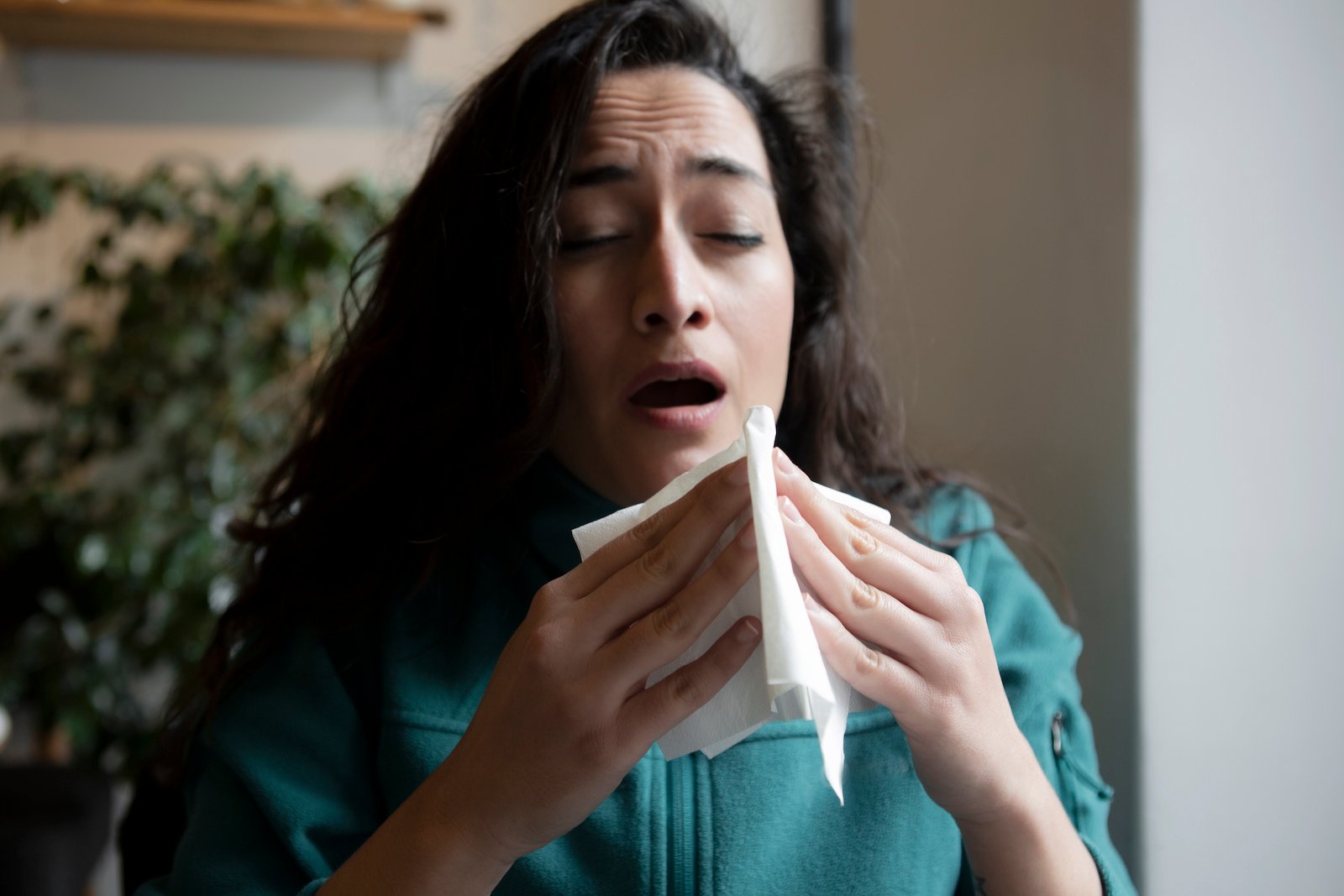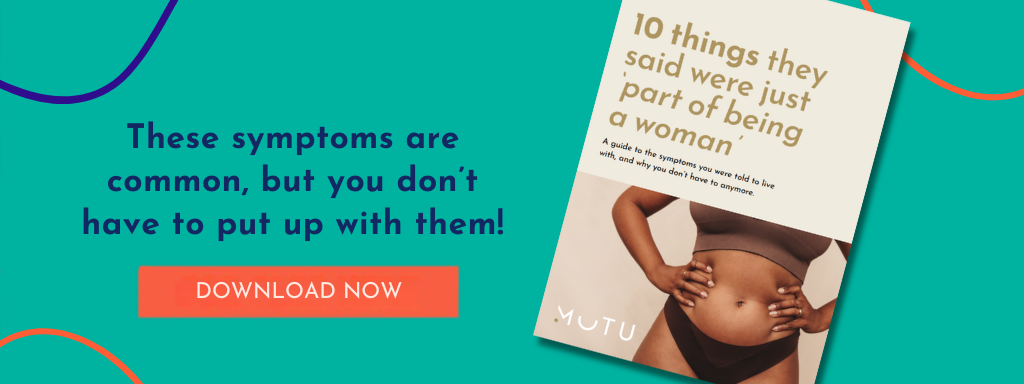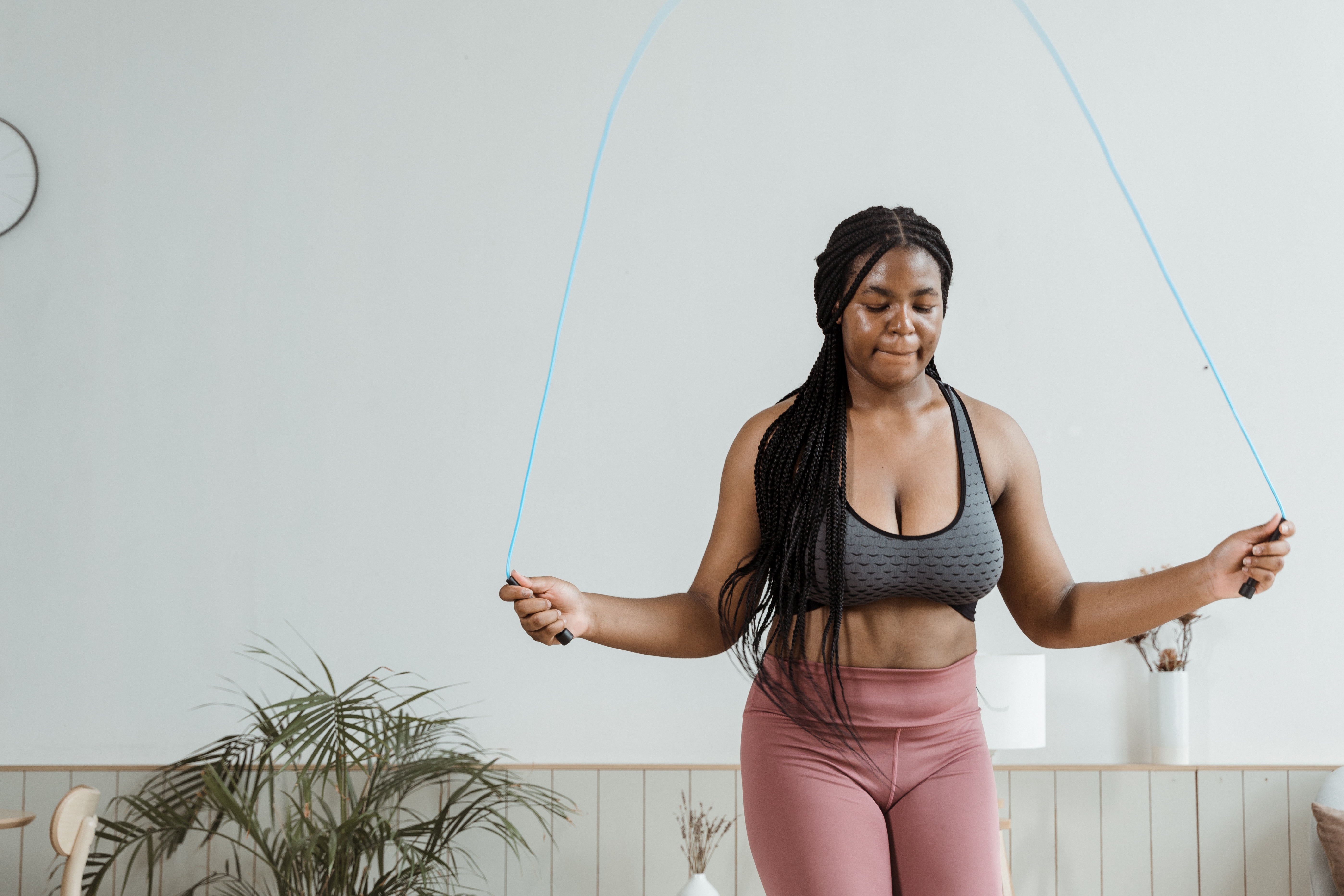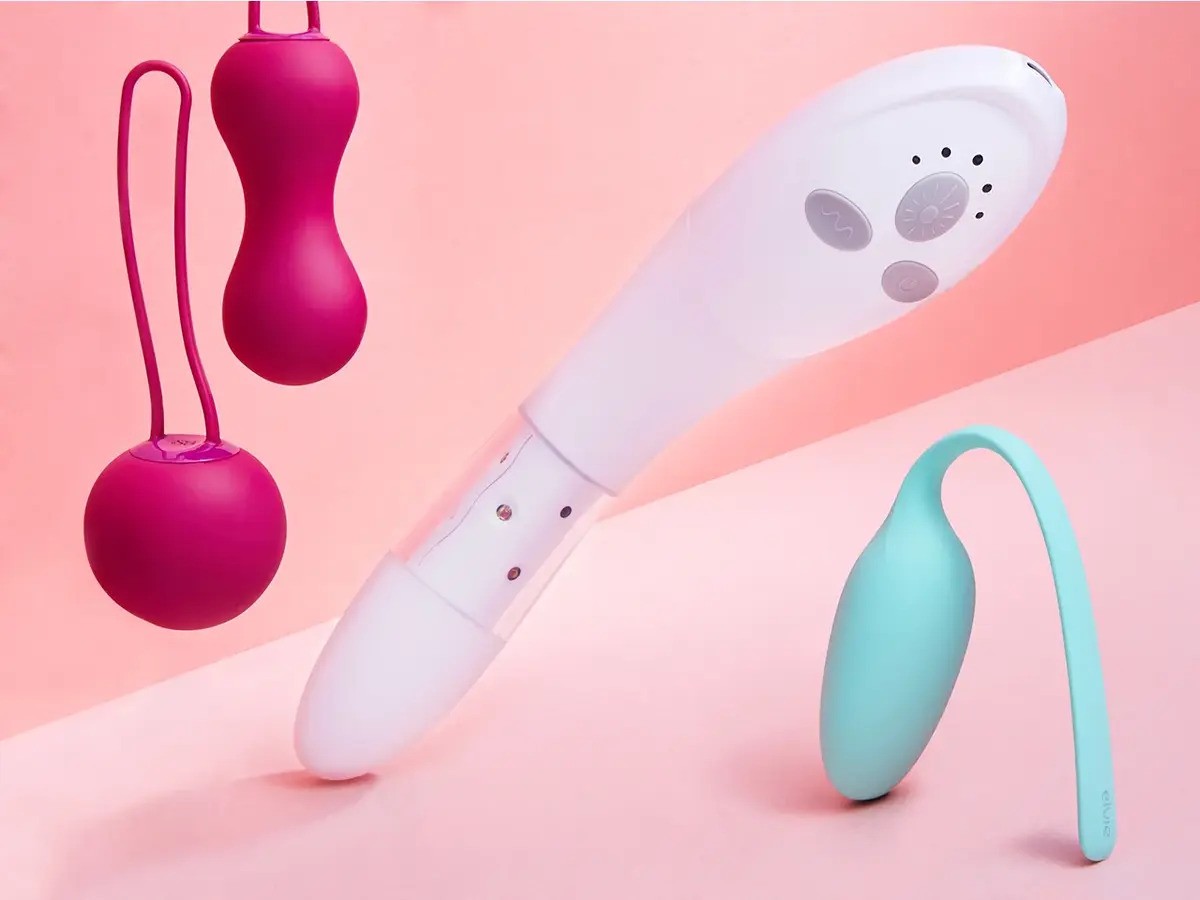After you give birth, even if this was a long time ago, you might notice you’re leaking pee when you cough, laugh, sneeze, run or exercise.
It feels like you’ve lost control of your bladder, and it can cause anxiety and a lack of confidence. But even though it is very common, it’s not normal, you don’t have to tolerate it, and you can fix it and feel like you again.
Here’s 8 ways to handle postpartum incontinence and bladder leaks:
Strengthen the pelvic floor muscles with exercise
Weakened pelvic floor muscles due to pregnancy and childbirth can cause leaks. These muscles support the bladder, uterus and bowel, and help to control how you pee.
The first way to start reducing bladder leaks is to do your pelvic floor exercises. This is the simple but effective way to strengthen your pelvic floor muscles.
But how do you get them right? Try to locate and connect with the 3 zones of your pelvic floor muscles. That means your urethra is at the front, where you pee. Your vagina is in the middle. Your anus, where you poop from, is at the back.
Try gently lifting and squeezing the muscles around each opening. Imagine you’re trying not to pee. Imagine drawing a tampon further up inside you. Or, sucking a thick smoothie up through your vagina like it’s a straw! Imagine you’re trying not to pass wind. All these visuals will help you find and engage your pelvic floor muscles.
Be aware of not clenching your glute (butt) muscles, or squeezing your inner thighs. It should be a deeper, more subtle movement.
Breathe in deep into the back of your rib cage. Then exhale as you lift your pelvic floor, or imagine you’re stopping a fart.
MUTU System, is a clinically proven exercise program. MUTU improves pelvic floor muscle function and strength and is tried and tested by real mums.
MUTU has easy-to-follow videos that walk you through this breath by breath, so you know you’re getting it right.
Use proper incontinence pads to catch leaks
Wear a pad or absorbent underwear made to catch leaks and keep you dry. I know many mums buy thick or night-time period pads to catch leaks. The problem is they’re not made in the same way as incontinence pads. Period pads catch blood, not pee, and they may leak or smell if used for bladder leaks.
Use a proper incontinence pad to catch leaks, like TENA, the experts in managing leaks. Pads come in different sizes and thicknesses to suit every mum. Using something like TENA is for today, to give you comfort and dignity. Meanwhile, you can work on building pelvic floor strength, to get back control of your bladder.
Pee when you need to, let our body lead
Pee when you need to: Don’t wait until you feel like you’re bursting to go to the toilet. This will help prevent your bladder from becoming too full and leaking. But also, don;t keep going to the bathroom ‘just in case’. Let your body lead.
Avoid straining, relax
Avoid pushing too hard or straining when you pee. Straining can put pressure on your bladder and make you leak. Try to relax and let your bladder empty on its own.
Engage your core when you have to lift
Try to avoid lifting heavy objects. Lifting heavy stuff can put pressure on your pelvic floor muscles. and make you leak. But avoiding lifting may be easier said than done – wriggly toddlers anyone? So when you must lift, take a second to prepare and inhale. Then exhale and engage your core muscles and pelvic floor as you lift.
MUTU System exercises will help you build your strength back up. You can get started for free with just 12 minutes a day with the link in the description below.
Be kind to yourself and focus on recovery (not rapid weight loss)
If you are looking to lose weight, be sure to do this slowly. Be kind to yourself and focus on your recovery as a priority.
Stay hydrated. Cut down on caffeinated drinks if they make it worse.
Caffeine and alcohol can irritate your bladder and make urgency worse. So if you find that drinks like coffee, tea or fizzy drinks make you leak more often, try to cut down these down. But do drink plenty of water!
Include lots of fruit, veg and fiber in your diet
Eat a variety of fruits, vegetables, and high-fiber foods. This will help prevent constipation, which can also put pressure on your bladder.
For more on why bladder leaks happen after childbirth, watch the next video where Dr Raj explains more.












